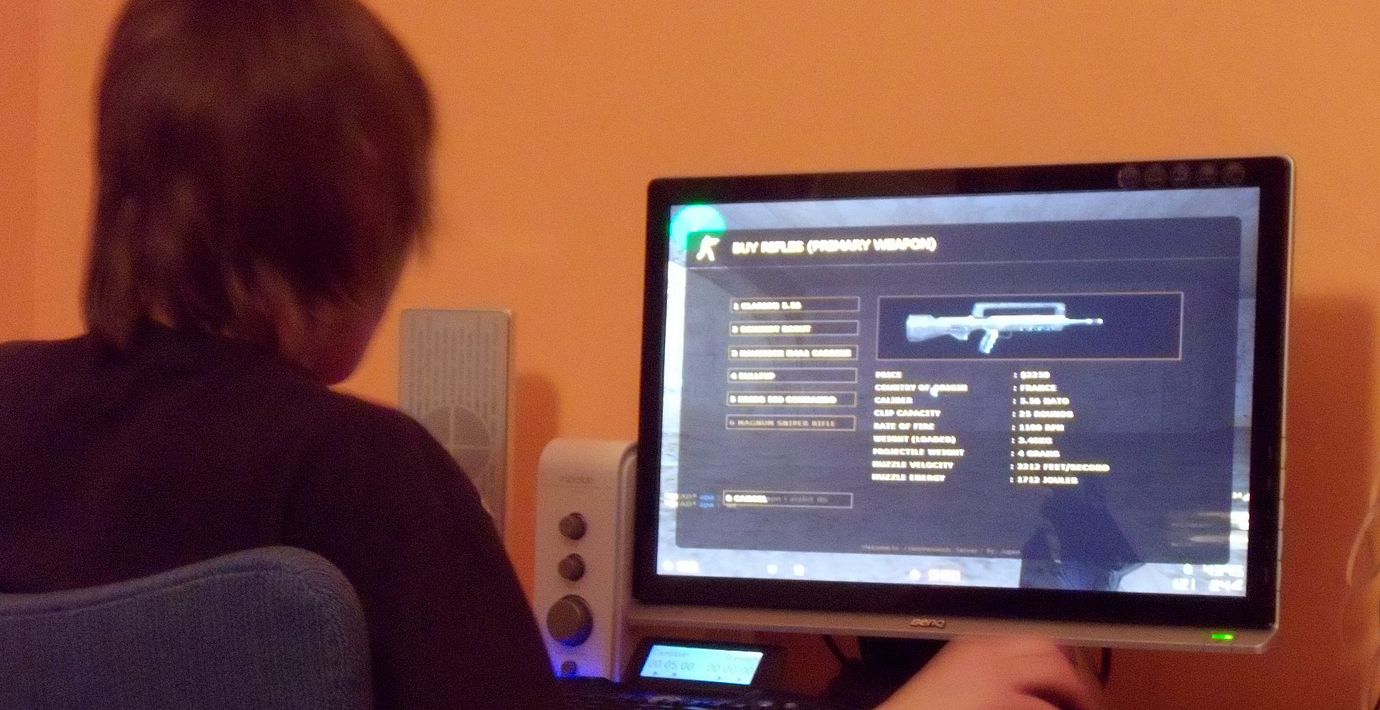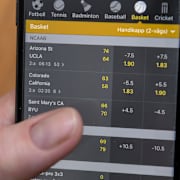
Kringgår lagen för gambling: ”Sitter i nian och spelar roulett”
Närmare 20 sajter som är tillgängliga i Sverige erbjuder gambling med så kallade ”skins”, som kan vara värda mycket pengar, i bland annat Counter-Strike. Det helt utan ålderskontroll, rapporterar Uppdrag Granskning.
– Det är som att vi sitter i nian på högstadiet och spelar roulett och slots. Det är galet, säger streamern Yacine Lahgmari, en av de som kritiserat systemet.
Eftersom sajterna låter spelarna satsa med skins istället för pengar som insats kringgår sajterna svensk lagstiftning, som annars förbjuder kasinoliknande spel för minderåriga.
– Att minderåriga gamblar är såklart problematiskt. Men vår strategi är att vi vill ha stränga kundkännedomsregler samtidigt som vår verksamhet inte får bli helt olönsam, säger ”Monarch”, ägare till en av sajterna, till tv-programmet.



